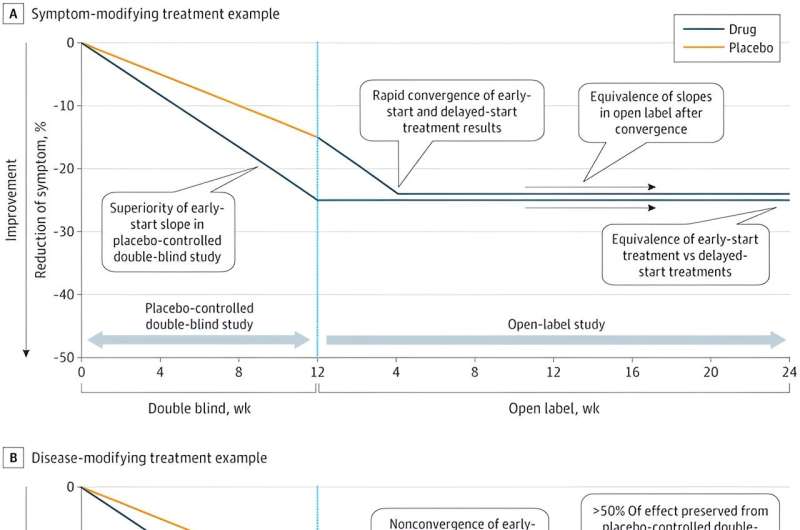This article has been reviewed according to Science X's editorial process and policies. Editors have highlighted the following attributes while ensuring the content's credibility:
fact-checked
peer-reviewed publication
trusted source
proofread
Pancreatic enzymatic replacement therapy improves maladaptive behavior in preschool children with autism, finds study

The use of high-protease pancreatic replacement therapy demonstrated improvement in maladaptive behaviors, such as irritability, in preschool children with autism spectrum disorder (ASD), according to research conducted at 32 clinical sites, including UTHealth Houston.
The study was published recently in JAMA Network Open.
"Children who have ASD often have a number of co-occurring maladaptive behaviors, such as irritability. We wanted to know whether these maladaptive behaviors can be addressed by an intervention with a low risk of side effects," said Deborah A. Pearson, Ph.D., professor of psychiatry and behavioral sciences at McGovern Medical School at UTHealth Houston and lead author on this paper. Pearson is also the director of the Developmental Neuropsychology Clinic at UTHealth Houston.
Pearson said many children with ASD are selective about the foods they eat, often preferring carbohydrates like bread and pasta over protein. Some amino acids necessary for building neurotransmitters, such as serotonin and dopamine, which are associated with behavioral and cognitive function, can only be obtained from food through protein digestion.
A total of 190 children, ages 3–6, participated in the study. In the first double-blind phase of the trial, 92 children were randomized to the active treatment arm and took 900 mg of a microencapsulated high-protease pancreatic porcine enzyme that was sprinkled on their food three times daily. In the other arm, 98 children had a placebo sprinkled on their food for 12 weeks. In the second open-label phase, all of the children received the active medication for 24 weeks.
According to the 12-week results, parents of children in the active treatment arm reported significant decreases in their child's symptoms of irritability, hyperactivity/noncompliance, and inappropriate speech relative to parents of children in the placebo arm. In the second 24-week phase, significant decreases were reported in all of the above behaviors, as well as in lethargy/social withdrawal. No serious adverse events were associated with the treatment.
"This study demonstrated that pancreatic enzymatic replacement—which is thought to enhance the supply of essential amino acids necessary for the synthesis of neurotransmitters—was associated with improved behavioral function in preschoolers with ASD, with minimal side effects," Pearson said.
More information: Deborah A. Pearson et al, Pancreatic Replacement Therapy for Maladaptive Behaviors in Preschool Children With Autism Spectrum Disorder, JAMA Network Open (2023). DOI: 10.1001/jamanetworkopen.2023.44136



















